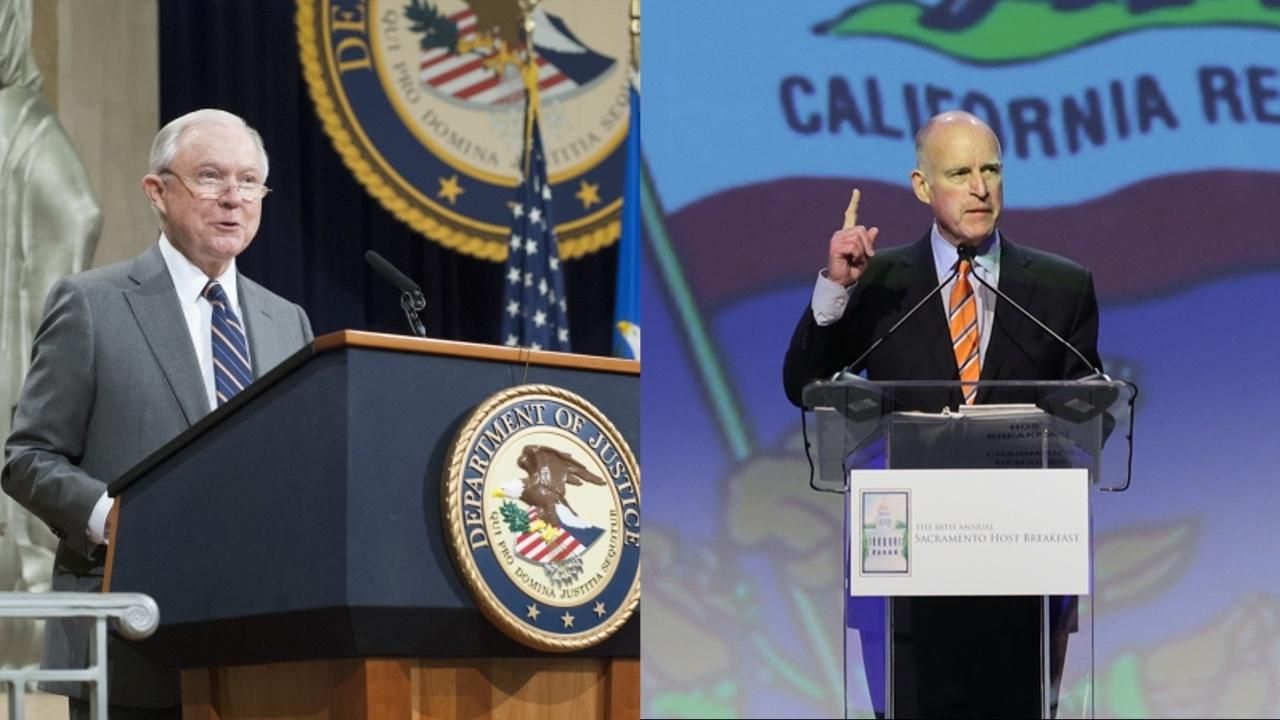The FCC signed the Restoring Internet Freedom Order late last year and began to enforce in June. It removed regulations on internet service providers requiring the equal treatment of traffic with no blockage or paid expedited access to certain content. The rules also were proclaimed to be precedent over any state law regarding net neutrality.
And yet, states have been working on passing net neutrality laws in response to the FCC. The state of Washington has one and, just this weekend, California signed its own bill. However, just as quickly, the Justice Department has sued the state, saying that SB 822 “unlawfully imposes burdens on the Federal Government’s deregulatory approach to the Internet.”
“I’m pleased the Department of Justice has filed this suit,” FCC chairman Ajit Pai said in a statement. “The Internet is inherently an interstate information service. As such, only the federal government can set policy in this area.”
Attorney General Jeff Sessions also claims that the federal government’s determinations supersede those of the state.
“Once again the California legislature has enacted an extreme and illegal state law attempting to frustrate federal policy,” Sessions’s statement said. “The Justice Department should not have to spend valuable time and resources to file this suit today, but we have a duty to defend the prerogatives of the federal government and protect our Constitutional order.”
The California law, considered one of the toughest in the nation either enacted or proposed, bans the blockage, paid prioritization and zero-rating quid pro quo of traffic for end users and pass-through companies like content providers. It does allow for the zero-rating of traffic for an entire category of content, applications, services or devices.
State Senator Scott Wiener, the Democrat from San Francisco who authored SB 822, released a statement on Twitter vowing to fight the Justice Department.
Within minutes of our #NetNeutrality bill being signed into law, Jeff Sessions ran into court & sued CA, claiming we don’t have the power to protect internet access. Well, we do. We‘ll fight you & win, just like we did when you sued us on protecting immigrants. My statement: pic.twitter.com/NgMZWNI0mS
— Scott Wiener (@Scott_Wiener) October 1, 2018

